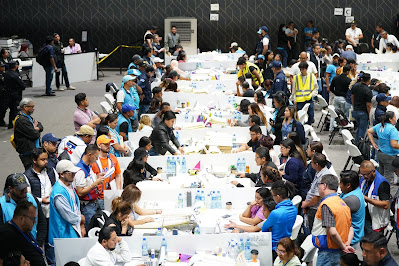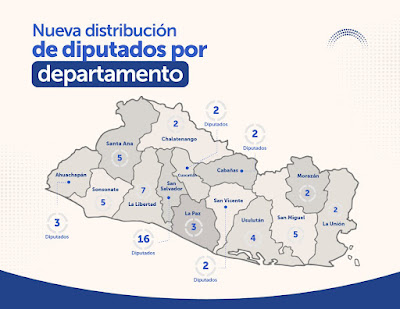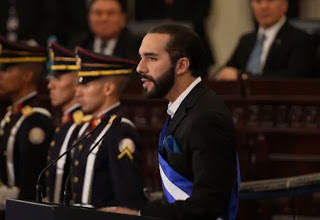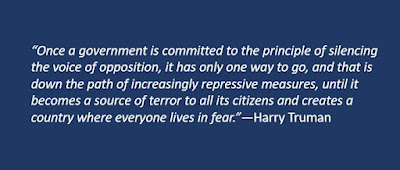Bukele wiped out all checks on his power over the course of five years

Nayib Bukele completes his first five years as president of El Salvador having fully earned the label as a "populist autocrat." Populist , because he has gained power by developing enormous popularity in the Salvadoran public through an extraordinary propaganda and public image machine, and autocrat because he and his party Nuevas Ideas have accumulated the total power to govern in the country after having eliminated each and every institution which might provide checks or limits on Bukele's power. The tactics Bukele used are a true dictator's playbook . Undermine the press Bukele started early to eliminate checks and balances by seeking to undermine the role of the press as a watchdog in a democratic society. Before he even took office as president, he was telling the public that impartial journalism does not exist : @NayibBukele Tweet April 20, 2019 That those of the media who presented themselves as "independent" are going out now with a clear and t...






